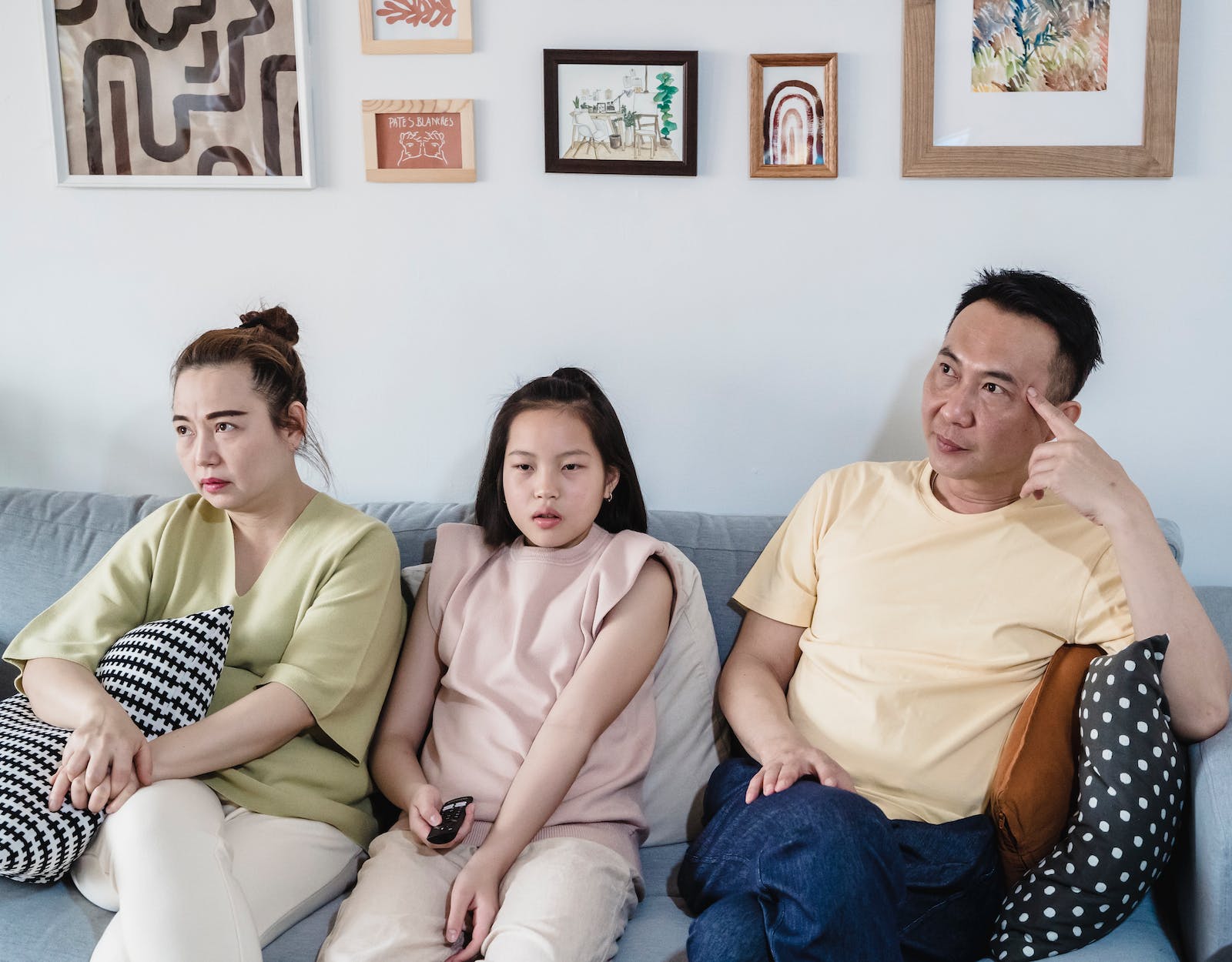How Parenting and Love Makes Us Learn, Unlearn, and Relearn
No matter what kind of relationship, parenting puts us through a constant cycle wherein we learn, unlearn, and relearn.
Whatever we learn from our previous experiences — from both relationships and parenting — becomes the foundation for all future behaviors and advice we give other parents and those in love. But the quickly changing times make it difficult. Technology has made it possible to seek advice from different parts of the world as we learn, unlearn, and relearn things we should or shouldn’t do.
And sometimes, because we’re overwhelmed with the sudden influx of information, we end up making things worse.
Unlearning vs. Forgetting: Same concept, different results

Although both unlearning and forgetting follow the same process, there’s a slight difference in the results of both processes. We define forgetting as “completely banning information from our minds;” no matter how much recall we do, the chances of remembering the information are slim. On the other hand, we define unlearning as “consciously teaching ourselves to let go of that behavior.”
An example can be raising our voice at our loved ones when we want to prove a point. We can forget that we raised our voices because our minds buried that memory because of how stressful it was, leading to “triggers.” On the other hand, we unlearn raising our voices because we can recall how it didn’t solve the problem and how it made our partners and our kids withdraw from us.
Even though studies argue that the information will always be in our Long Term Memory storage (the part that keeps all our memories), there’s a chance we recall the wrong things. We can claim something happened but it didn’t (False Positive) and we can deny something even if it did happen (False Negative).
Does it mean we’re lying? Not necessarily. Does it mean we’re going crazy? Not necessarily, either. With everything moving so fast, it’s no surprise information gets jumbled up! The speed we demand of people’s ability to learn, unlearn, and relearn can be quite unforgiving because we can see everything as a domino pattern — once something starts, it’s hard to stop.
The cycle of learning is more of a race to unlearn and relearn things.

Although we will always say that learning is a lifelong journey, parenthood makes the cycle feel more like a race: while we’re learning something new about our kids, we’re unlearning our parents’ parenting approach with us and relearning one that fits our children. We all have the goal of helping our children and partners become their best but, how do we do it when we’re constantly in a chase?
Sometimes, it’s not even the kids and our partners who are the immediate source of our frustration. Rather, it’s the simultaneous occurrence of learning new information, unlearning the obsolete ones that provide us comfort in the face of uncertainty, and relearning something else in its place. Add in a dash of heightened emotions and triggers because of “forgotten memories” and we have a mean mental cocktail!
But is the simplest explanation always the best one?
To cope, we sometimes try to simplify things. But parenting and love don’t thrive on the “because I said so!” argument. As simple as the statement is, ironically, it’s also the most damaging one because we can say one thing in one moment and the opposite in another. The “because I said so!” argument only works if our word is law or if we’re a supreme being that can change the universe in one phrase.
But, we’re not. We’re all just parents trying to navigate this whole new world filled with gadgets and nick-nacks that society made to allow people — parents and individuals — to reach their fullest potential.
However, our understanding of what is “simple” needs to change. Simplicity doesn’t always focus on how short our explanation is. Rather, it’s how concrete it is — can we see what the problem is? How does A affect B? Usually what makes love and parenting so complicated is that there are things we can’t immediately perceive with the five senses (sight, smell, taste, hearing, and touch).
Love and parenting aren’t a race.

Saying that Love and Parenting are races assumes there’s a trophy at the end of it all that says “We’re the best.” But there’s none; so why rush through them? While we may attribute our demand for the instant and our intolerance for small mistakes because of how fast society works, we know that’s not how humans, most especially kids, are meant to be. That’s a lesson we can learn, unlearn, and relearn now!
We learn that humans each have their own pace, unlearn that everybody has to keep up with us, and relearn how to slow down and accept that our speed of doing things can hurt others too.
More real talk about relationships and love?
Trust the Process: What Parents Can Teach Their Kids About Conflict Resolution
How Parents’ Relationship With One Another Affects Their Child’s View On Love
Why You Should Never Fight In Front Of Your Kids









